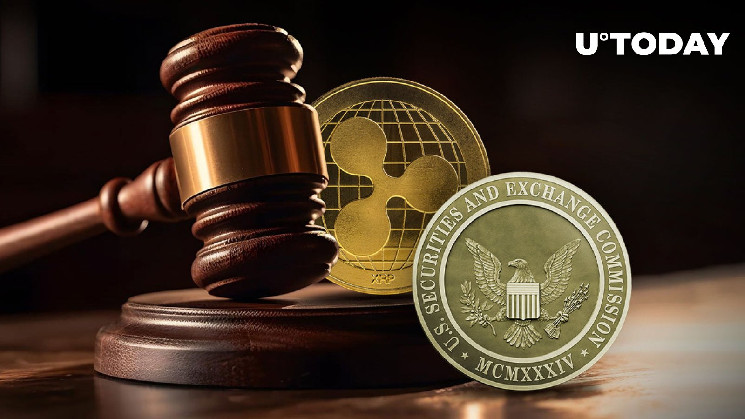In the ongoing legal battle between Ripple Labs and the U.S. Securities and Exchange Commission (SEC), a legal expert known as “MetaLawMan” on X has brought to light significant weaknesses in the SEC’s arguments, particularly concerning the alleged pecuniary harm suffered by XRP investors.
Last July, the court ruled that XRP was not a security in and of itself, but that Ripple’s institutional sales of XRP were unregistered securities. The SEC has submitted its final reply brief in the remedies phase, and now the judge’s decision is awaited.
The crux of the SEC’s case hinges on the claim that Ripple’s actions have caused financial harm to investors. However, MetaLawMan’s analysis suggests that the SEC’s arguments may not hold up under scrutiny.
“The SEC’s Reply Brief does not add anything meaningful to the argument about no victims/no disgorgement,” MetaLawMan said, alluding to an earlier lawsuit, the SEC v. Govil case.
Update on @Ripple damages.
The SEC’s Reply Brief does not add anything meaningful to the argument about no victims/no disgorgement.
The SEC relies on one district court case (SEC v. iFresh) that held the “pecuniary harm” requirement is satisfied when a stock price is… https://t.co/Lo7ZyzURBM pic.twitter.com/mYoVa5yJQB
— MetaLawMan (@MetaLawMan) May 8, 2024
The SEC suffered a big blow in the Govil lawsuit when the 2nd Circuit ruled that if a buyer suffers no financial loss, the SEC cannot seek disgorgement from the seller.
Instead, in its reply brief in the Ripple lawsuit remedies phase, the SEC relied on one district court case (SEC v. iFresh) that held the “pecuniary harm” requirement is satisfied when a stock price is artificially inflated.
The SEC reasons that any institutional buyer who received a lesser discount on XRP than others effectively paid an inflated price, hence, pecuniary harm. This broad interpretation appears to include any fall in XRP’s value, which is overly broad and ignores the speculative nature of cryptocurrency investments, in which investors are well aware of the risks involved.
MetaLawMan views the iFresh decision as a misreading of the 2nd Circuit holding in Govil on disgorgement. He also made an intriguing observation: the iFresh decision was classified as “not for electronic or print publication.”
Although not currently the norm, citing a decision with a “not for publication” classification appears out of place because it is the weakest possible authority for anything, MetaLawMan remarked.
While it is possible that Judge Torres is going with iFresh’s reasoning and finds that Ripple institutional Investors suffered pecuniary harm, MetaLawMan believes the most likely scenario is the reverse.
Read the full article here







